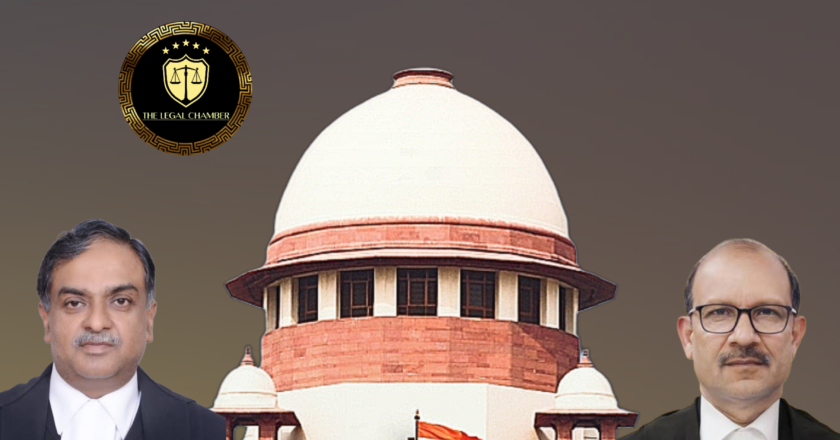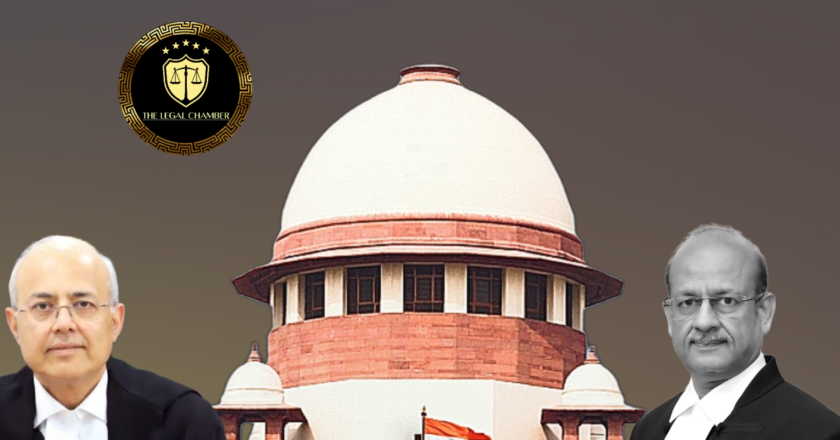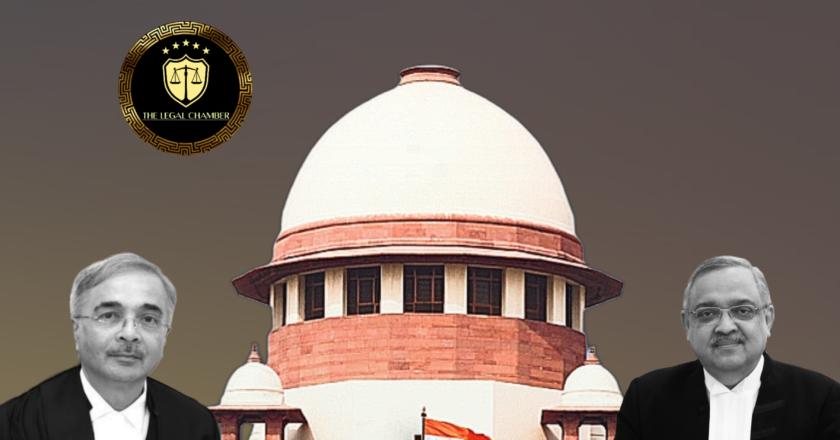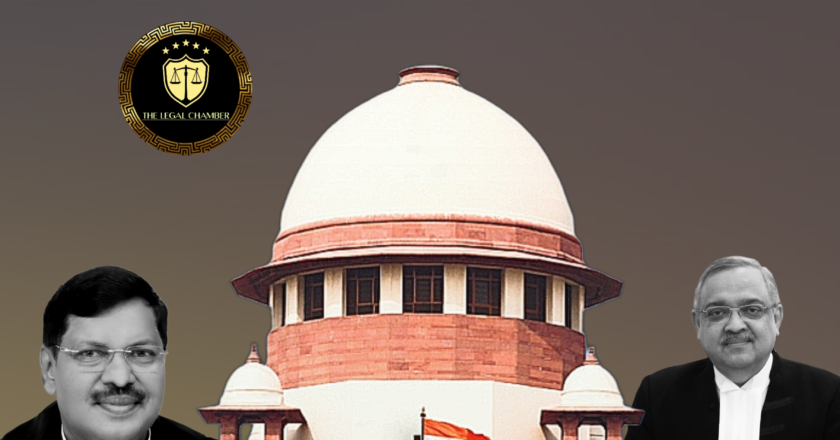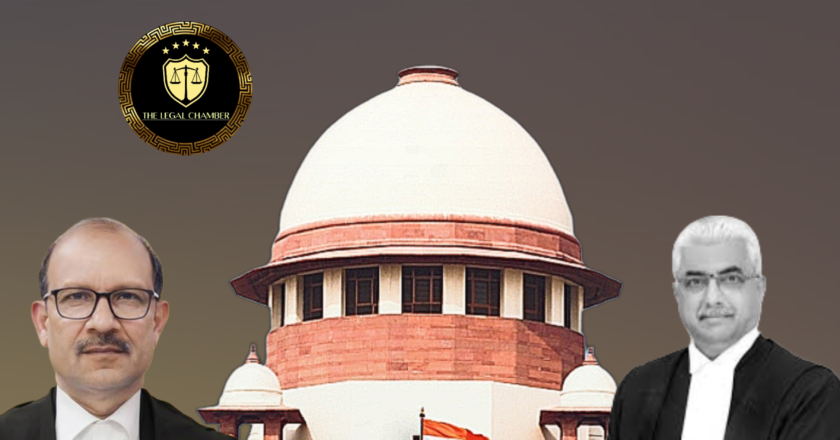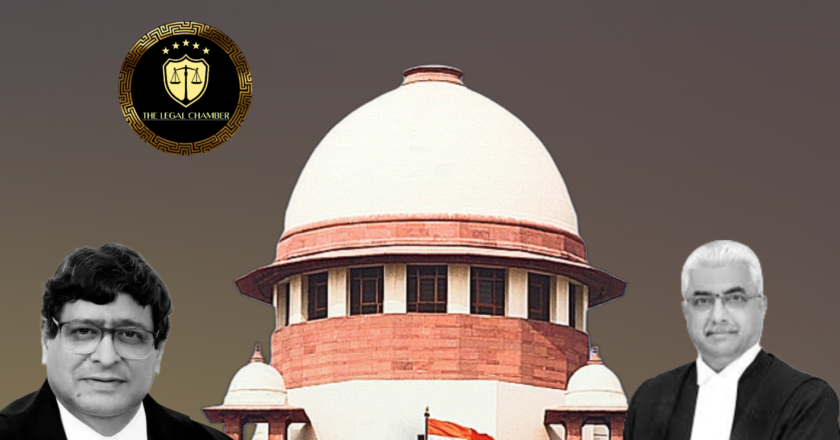Supreme Court Rules :You Can’t Be Guilty of Handling Stolen Goods If There Was No Theft
The Supreme Court acquitted the appellant, ruling that a conviction under Section 411 IPC for dishonestly receiving stolen property is legally unsustainable once the accused stands acquitted of the primary offence of theft under Section 379 IPC. The Court further held that the burden of proof lies entirely on the prosecution and cannot be reversed onto the accused.
Facts Of The Case:
The case originated from the disappearance and suspected murder of M. Narsalah on December 22, 2005, after he traveled to Warangal to collect outstanding business dues of approximately ₹2.92 lakh. When his phone was switched off, his cousin filed a missing person's report. The prosecution alleged that Narsalah's former employer and business rival, Accused-Moulana, murdered him, stole the cash, and enlisted t...
